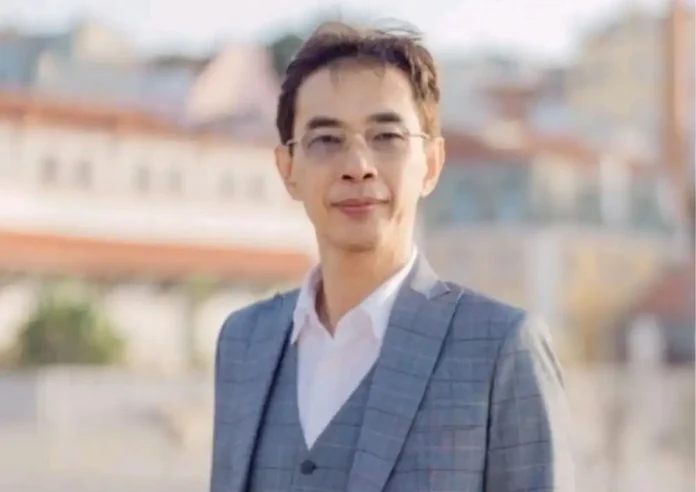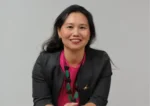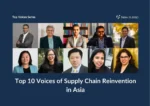When Dr. Koh Cheng Boon asked his students what stood in the way of change, one answer stood out: fear of failure. It’s something he observed personally in his young granddaughter, Aurora, who boldly experimented while learning to walk. “She fell, she got up, and she tried again,” he said at the Digital Leadership Summit...
RELATED ARTICLES
© NewInAsia.com 2025








